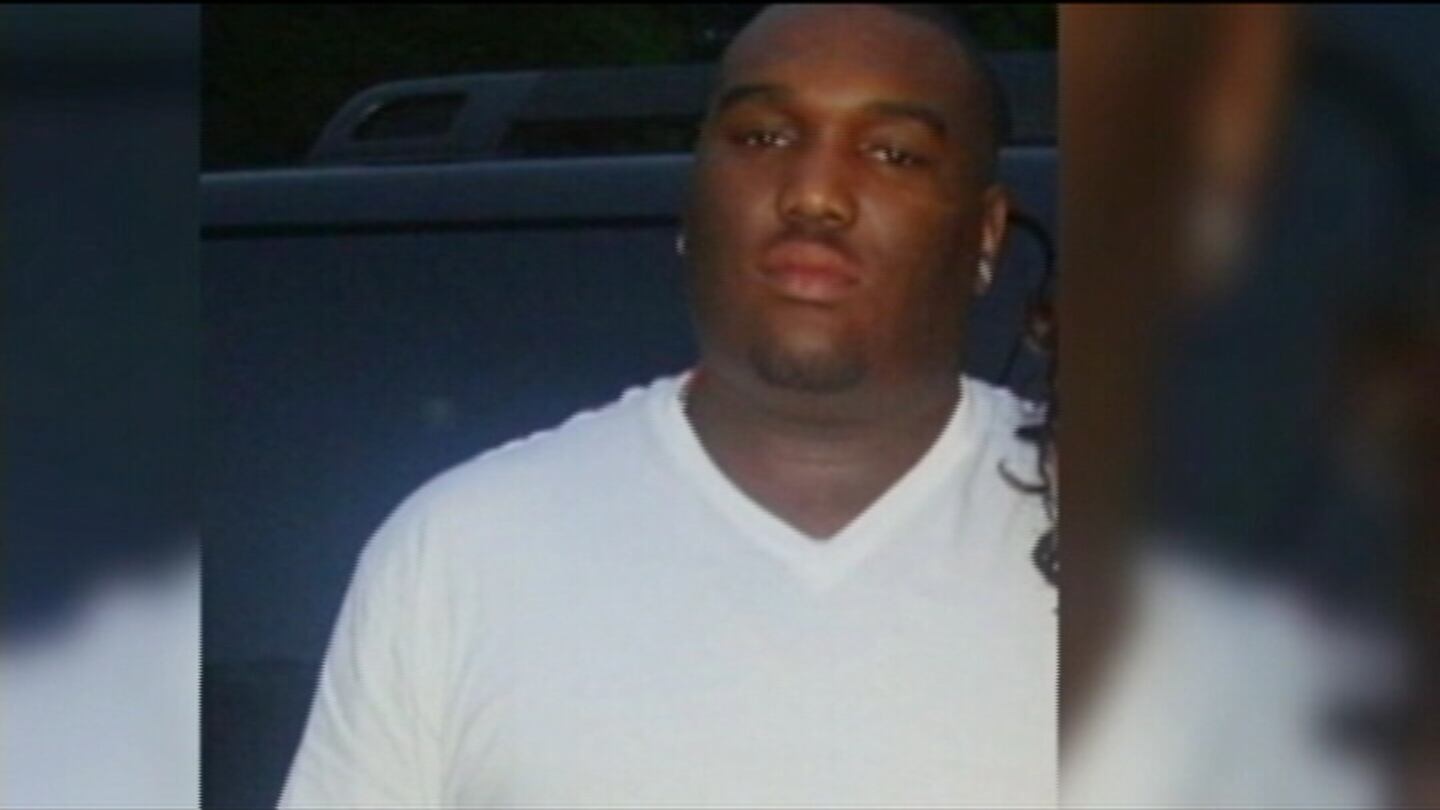ATLANTA — A paramedic who tried to revive a man after he received police stun gun shocks, said he barely had a pulse and was not breathing when she arrived on the scene in April 2014.
"He wasn't moving at all. There was no sound coming from him, there was no movement," said Tonya Whiten.
Whiten testified Friday in the murder trial of former East Point police officers Marcus Eberhart and Howard Weems.
The men are accused of repeatedly shocking Gregory Towns Jr. after his arrest on a domestic violence charge.
Following a foot chase, Towns was placed in handcuffs and ordered to walk to a patrol car. When he failed to comply with those commands, the two officers use their weapons in stun gun mode. Twenty minutes after his arrest, paramedics were dispatched to the scene.
Whiten found the handcuffed man sitting in a creek slumped over. She said he showed no response.
Whiten said the officers were not aware of Towns' critical condition. She described their response when she told the officers the subject was not breathing.
"There was a bunch of ‘F’ bombs dropping. People going crazy. I went to the truck and met up with the fire department," Whiten said.
In cross-examination, a defense lawyer for one of the accused officers asked the paramedics what the officers did when they learned of the man's condition.
"The officers went into action, when the person was not breathing?" said defense attorney Sandra Michaels.
"Yes," responded Whiten.
The jury also heard from Dr. Michael Baden, a pathologist and expert witness, who testified that he concluded the repeated shocks and Towns' pre-existing medical problems, including cardiovascular disease, led to heart arrhythmia and death.
But defense attorneys questioned Baden's conclusions, saying that he was not a cardiologist and had no training or expertise in Taser weapons.
Lawyers for the accused officers said they were within their rights to use the stun gun, and did not intend to harm.
The attorneys speculate Towns’ death was caused by a problematic red blood cell condition called sickle cell trait.
Cox Media Group





